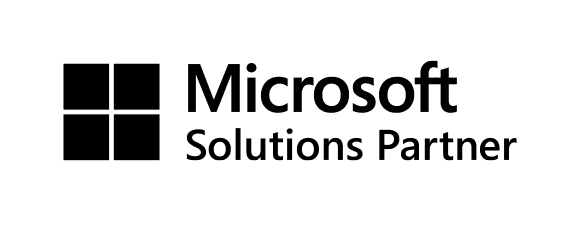Why implement IT systems integration?
- Increased operational efficiency – data is automatically processed and transferred between systems, which reduces task completion time
- Data consistency – one version of the truth across the organization means fewer errors, duplicates and inconsistencies
- Save resources – automation reduces the need for manual processing and increases the efficiency of teams
- Better business decisions – integration facilitates real-time data analysis and faster response to changing market conditions
- Security and control – integration enables centralized access management and monitoring of data flow between systems
Ask for details
Stages of the IT systems integration process
- Analysis of IT needs and environment – we identify existing systems, processes and business objectives
- Selection of integration technology – based on the audit we design the integration architecture
- Design and implementation – we create integration modules, configure interfaces and test connections
- Testing and optimization – we check the stability of data flow and eliminate bottlenecks
- Maintenance and development – we ensure that the integration is monitored, updated and adapted to the changing needs of the business
IT systems integration in practice – who benefits?
- E-commerce companies – integration of sales, warehouse (WMS), CRM and ERP systems allows for automatic order processing, inventory control and personalization of customer service
- Manufacturing and logistics – integration allows you to connect MES, ERP and IoT systems, ensuring data fluidity in the supply chain
- Service sector – better communication between departments through integrated calendars, CRM and analytical tools
- Public administration and education – ability to implement interoperable solutions that comply with regulations and security standards
What technologies do we use?
- REST API and SOAP
- Microsoft Power Platform and Azure Integration Services
- Integrations with Microsoft 365 and Dynamics systems
- Tools for building data warehouses and BI integration (e.g. Power BI)
- Proprietary middleware solutions for small and medium-sized businesses
Bet on effective integration with Lemon Pro
IT systems integration is not just about implementing tools, it’s a strategic approach to information management and automation. Our team will make sure your implementation is secure, scalable and in line with your business goals. We design integrations that really work – stably, reliably and with an eye on the future.
Want to know how integration can improve your business? Contact us – we will advise, design and implement the perfect solution for your company.




